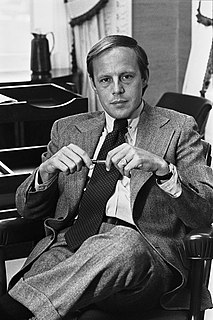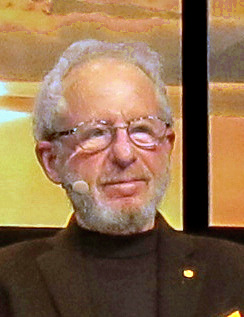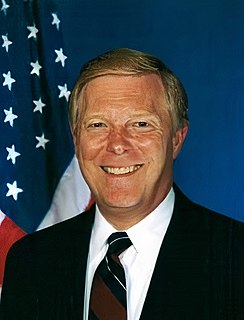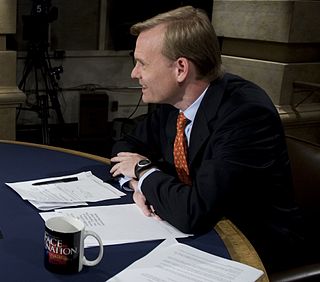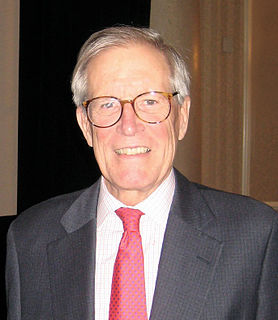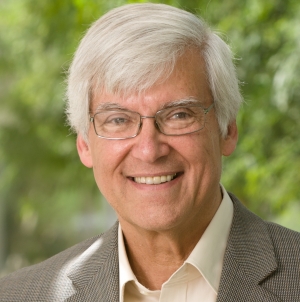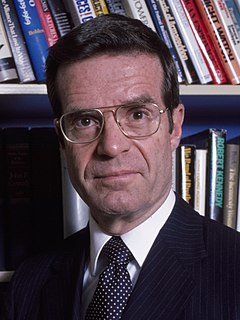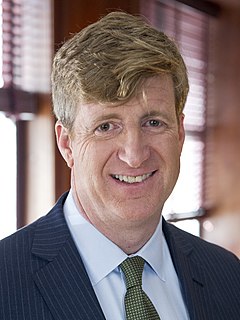Top 736 Franklin Delano Roosevelt Quotes & Sayings - Page 2
Explore popular Franklin Delano Roosevelt quotes.
Last updated on November 2, 2024.
The crisis [the Great Depression] discovered a great man in Franklin Roosevelt...None too soon he has carried America forward to the second stage of democratic realization. His New Deal involves such collective controls of the national business that it would be absurd to call it anything but socialism, were it not for a prejudice lingering on from the old individualist days against that word...Both Roosevelt and Stalin were attempting to produce a huge, modern, scientifically organized, socialist state, the one out of a warning crisis and the other out of a chaos.
I was a sailor. I was torpedoed, spent two weeks in a lifeboat. I was on the Murmansk run; I worked a 20 mm. machine gun, helped bring down a Stuka, all that kind of stuff. I've got letters from Franklin Roosevelt for things I did then. But those kind of credentials didn't work for you in the Cold War.
The government is now in a position to do what Franklin D. Roosevelt did during the Great Depression of the 1930s - use a crisis of the times to create new institutions that will last for generations. To this day, we are still subsidizing millionaires in agriculture because farmers were having a tough time in the 1930s.











